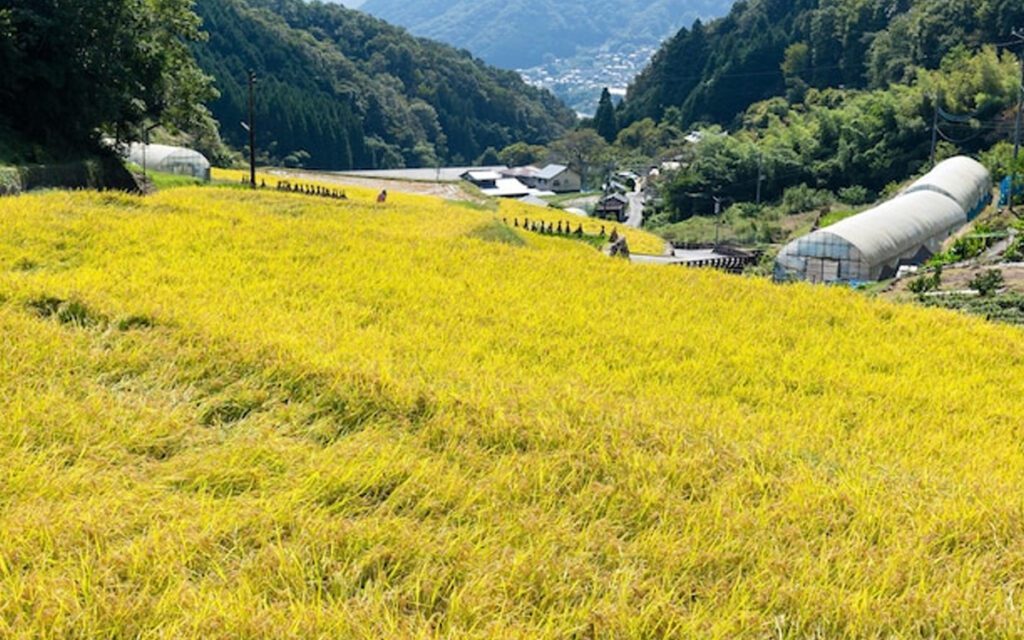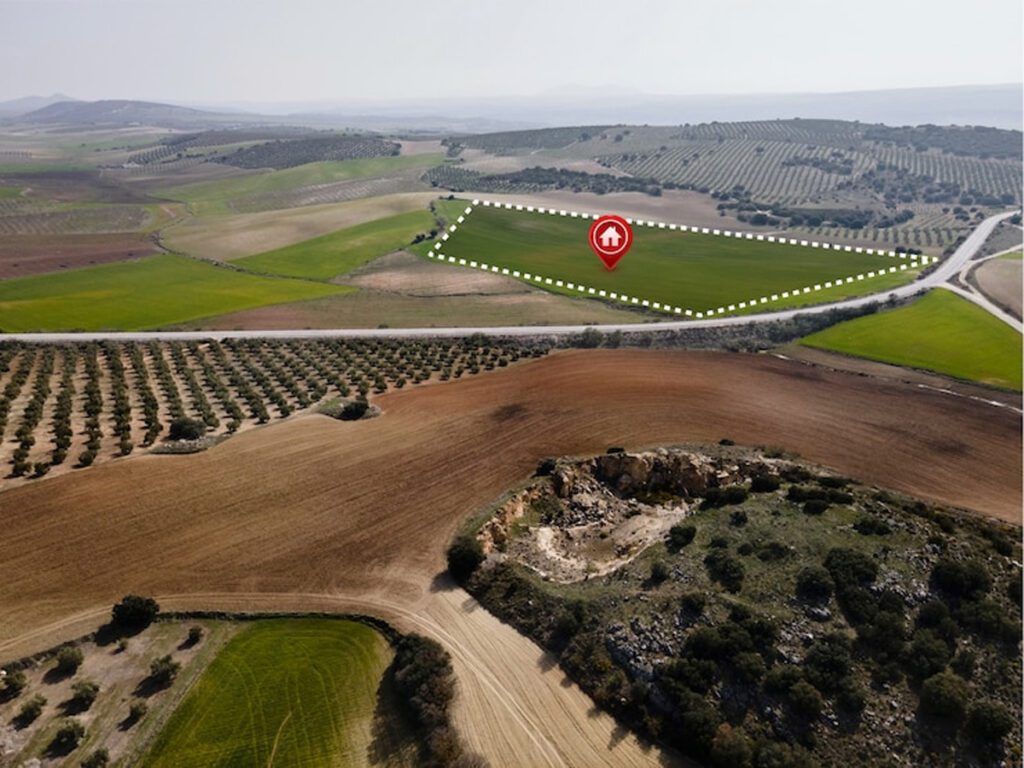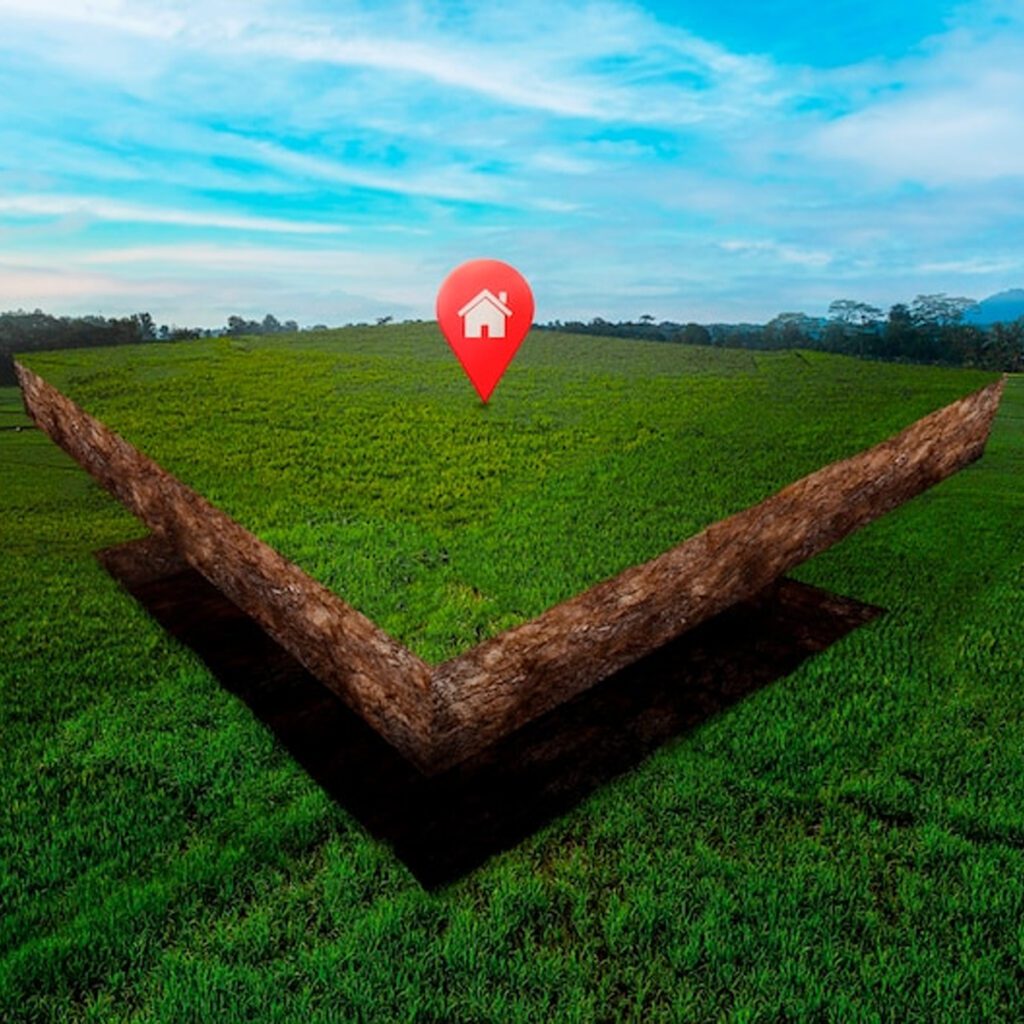Land Management
- Home
- Oikoshreem Infratech pvt ltd
- Land Management




What is Land Management?
Land management is the proper use and upkeep of a piece of land in accordance with its characteristics and needs. Decision-making is required in land management, which is influenced by the purpose it serves, such as agricultural production, human habitation, leisure activities, mineral extraction, and the nature and features of the land. There are many aspects to land management. Even while it largely applies to farming and agricultural cultivation, it also covers other activities including habitation, urban and industrial growth, transportation and roads, leisure pursuits, mines, and environmental preservation.
Objectives of Land Management
Good land management and ideas of wisdom go hand in hand. This calls for the use of inherited wisdom from long ago and the incorporation of new technical know-how. Three main objectives underlie land management, particularly agricultural land management:


A financial or production objective with a long-term output maximisation optimization focus.


A conservation objective is to keep the findings, abilities, and qualities accessible.


The removal of restrictions, prevention of deterioration, rehabilitation or recovery of the land's attributes and use potential.
Sustainable Land Management
Land provides a setting for farming systems and is also essential for increased environmental management practises including the processes that supply greenhouse gases, cycle nutrients, change and filter contaminants, and transmit and purify water as a part of hydrological processes. Providing ecological, economical, and social opportunities for the present and future populations while preserving and enhancing the quality of the land resource is a complementing goal of sustainable land management (soil, water, and air).On the other hand, land surveys are more concerned with accurately and precisely displaying the size and location of the land. Therefore, if that is the aspect that means the most to you for whatever reason, selecting a land survey may be the best option. They are frequently included in zoning applications, which must be submitted to the appropriate permitting organisations when making an application. Homeowners can draught them themselves, but depending on the situation, architects, surveyors, or engineers are typically hired to create them.


Technology, techniques, and practises for sustainable land management aim to combine socioeconomic factors with environmental implications in order to:


Uphold and enhance output


Reduce production risk and improve soil's ability to defend against contaminants


Protect the potential of natural resources and stop the deterioration of soil and water quality.


Be attainable financially


Abide by social norms while guaranteeing that people can benefit from better land management


Principles Of Sustainable Land Management
Only through the united efforts of those directly in charge of resource management will sustainability be achieved.They are frequently included in zoning applications, which must be submitted to the appropriate permitting organisations when making an application. Homeowners can draught them themselves, but depending on the situation, architects, surveyors, or engineers are typically hired to create them.




